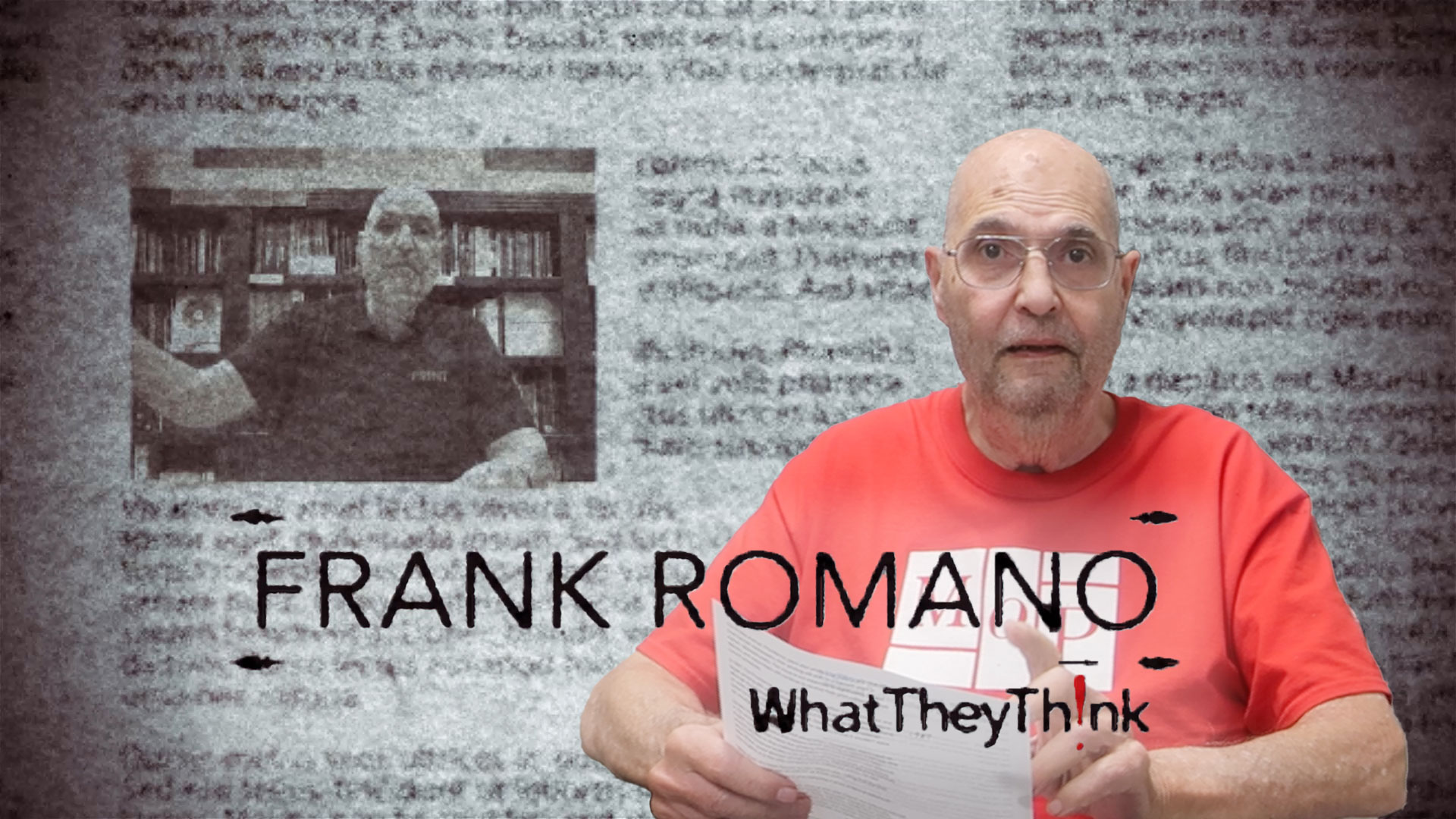How the World Land Trust Carbon Balanced Paper Program Reduces Illegal Logging and Biodiversity Loss
Press release from the issuing company
Illegal logging has devastating consequences for natural habitats and the climate. Research by the University of Leeds, in partnership with World Land Trust, highlights the significant environmental damage caused by illegal logging, including the release of vast amounts of stored carbon dioxide into the atmosphere. In Vietnam specifically - but also in the other three Carbon Balanced-supported World Land Trust projects (Guatemala, Ecuador and Mexico) - illegal logging remains an ever-present threat to both biodiversity and local communities.
World Land Trust Project Areas
In Vietnam, illegal logging releases up to 130,000 metric tons of CO2 annually, harming both local ecosystems and contributing to climate change. For example, the Dong Chau-Khe Nuoc Trong forest in Vietnam is home to over 40 vulnerable animal species, including nine endangered and ten critically endangered species, according to the International Union for Conservation of Nature (IUCN).
In Mexico, important ancient forests are under threat from a variety of sources including man-made fires and illegal logging. In the area of the Sierra Gordo Biosphere Reserve, there are threats from expanding agricultural frontiers and livestock grazing. Up in the higher altitude regions of the forest, illegal logging remains difficult to enforce and is a constant threat to the efficacy of the region as a carbon sink.
Unfortunately, similar dangers plague forests in Guatemala and in Ecuador. In Ecuador’s Choco forest, 98% of the canopy had been deforested prior to World Land Trust stepping in. They’ve since partnered with FJ (Fondacion Jocotoco) to secure 57,000 hectares of the forest and begin conservation efforts on the remaining 2%.
Conservation Approach
World Land Trust conserves critical habitats through land purchasing, establishing and managing protected reserves, and restoring ecosystems via reforestation and rehabilitation. They also establish wildlife corridors to connect fragmented habitats and work closely with local communities to promote sustainable livelihoods that reduce environmental pressures.
WLT employs conservation technologies, such as satellite monitoring and biodiversity surveys, to ensure long-term protection and effectiveness. These targeted strategies help safeguard threatened ecosystems and support global biodiversity conservation efforts.
Local Involvement
Community involvement is crucial in the fight against illegal logging. In Vietnam, local communities play a key role in conservation efforts. Viet Nature, a Vietnamese NGO, and World Land Trust have formed a partnership that woks with local communities to reduce illegal logging and promote sustainable alternatives like acacia plantations.
In Mexico, World Land Trust partners with GESG to safeguard local forests from illegal logging and poaching.
In Guatemala’s Laguna Grande Reserve, World Land Trust is partnered with FUNDACEO to help mitigate stress on this ecologically important reserve.
The Naturaleza Y Cultura Ecuador (NCE) monitors key areas in the Nangaritza Valley of Ecuador and has been a World Land Trust partner since 2012. Together, they protect this area (known locally as the Maycu) from logging and mining – which has already accounted for much natural habitat loss prior to the designation of the area as a national conservation site.
A Critical Time for Action
Since 2021, Carbon Balanced Paper North America has been raising funds for World Land Trust projects that preserve areas of natural land that are ecologically important. These areas are crucial for biodiversity and carbon storage. On a global scale, forests help maintain Earth's carbon balance by capturing CO2 from the atmosphere as they grow and releasing CO2 and other GHGs when they decay or burn. This carbon storage in forest biomass is an essential attribute of stable forest ecosystems and a key link in the global carbon cycle.
By supporting the above projects, the Carbon Balanced Paper program offers businesses a credible carbon offsetting option that also contributes to vital conservation efforts that protect our planet's forests and their biodiversity.
For more information on Carbon Balanced Paper, go to www.carbonbalancedpaperna.com
For more information on World Land Trust, go to www.worldlandtrust.org
Contact: [email protected]
- Questions to ask about inkjet for corrugated packaging
- Can Chinese OEMs challenge Western manufacturers?
- The #1 Question When Selling Inkjet
- Integrator perspective on Konica Minolta printheads
- Surfing the Waves of Inkjet
- Kyocera Nixka talks inkjet integration trends
- B2B Customer Tours
- Keeping Inkjet Tickled Pink
© 2024 WhatTheyThink. All Rights Reserved.















- Discussion is closed -